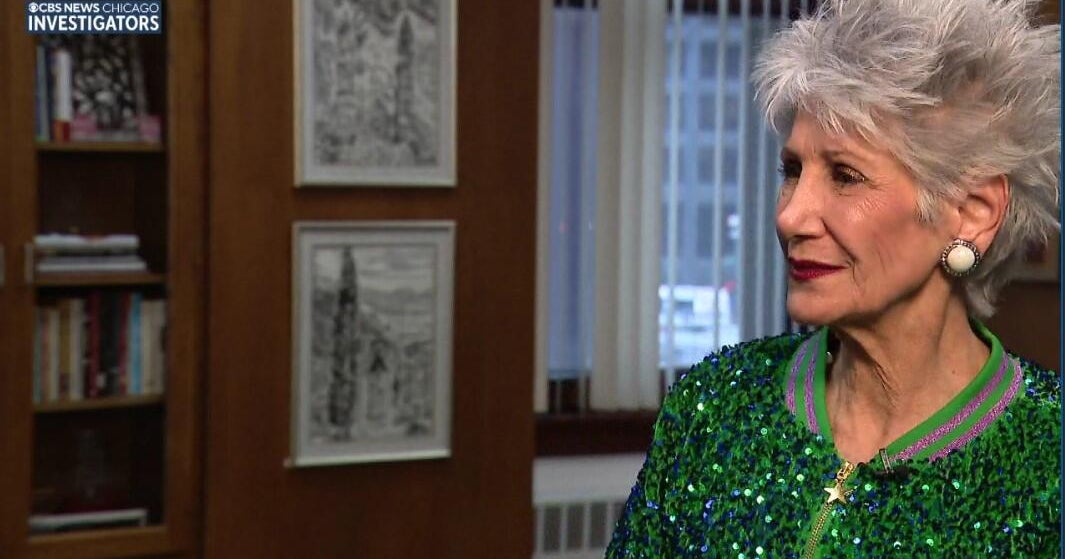People In Uganda To Pay Tax For Using Social Media
(CNN) -- The Ugandan government has imposed taxes on social media to raise money for the country and to avoid donor aid, a lawmaker told CNN.
Ugandans will have to cough up 200 Ugandan shillings ($0.05) a day to use popular platforms like Twitter, Facebook and WhatsApp.
President Museveni, who has ruled the country since 1986, is reported in local media as saying that social media encourages gossip.
Museveni said he will sign the bill passed by the country's parliament once presented for his approval.
"Dear Uganda, I will not hesitate to sign the Social Media Bill into law once it lands on my desk. Social Media bill is seeking to tax every Ugandan using all social media platforms, Facebook, Twitter, Insta, WhatsApp on a daily basis," Museveni said in a tweet.
Parliamentary spokesman Chris Obore defended the law which comes into effect July 1, saying that as more Ugandans use social media it should become an important source of revenue for the country.
"The government is trying not to over rely on donor funding. It is just a redistributive tax as the government is out to look for money from those who have to finance projects," Obore told CNN.
He added: "The tax is very small. 200 shillings in Uganda to a dollar is very negligble. People in Uganda will not find it too expensive."
However, many Ugandans on social media see the tax as a government crackdown on free speech.
Reuters reported the tax would be implemented through mobile phone operators on individual SIM cards used to access social media.
The Collaboration on International ICT Policy in East and Southern Africa (CIPESA) published a report in 2016 that argued that the Ugandan government was stifling digital rights.
Over two million Ugandans are active on Facebook, according to official figures. This new tax comes as neighboring country Tanzania recently introduced a controversial fee of $930 on bloggers and online publishers, a decision that is being challenged by local activists in court.
And in Kenya, President Uhuru Kenyatta signed a cybercrimes bill, that criminalizes the publication of fake news and imposes heavy fines and a two-year jail term for those found guilty, despite pressure from international media rights group to stop it.
© Copyright 2018 CNN. All Rights Reserved. This material may not be published, broadcast, rewritten or redistributed.







